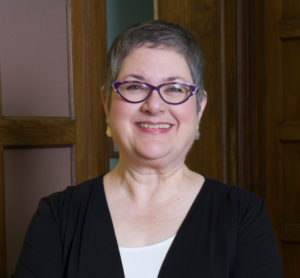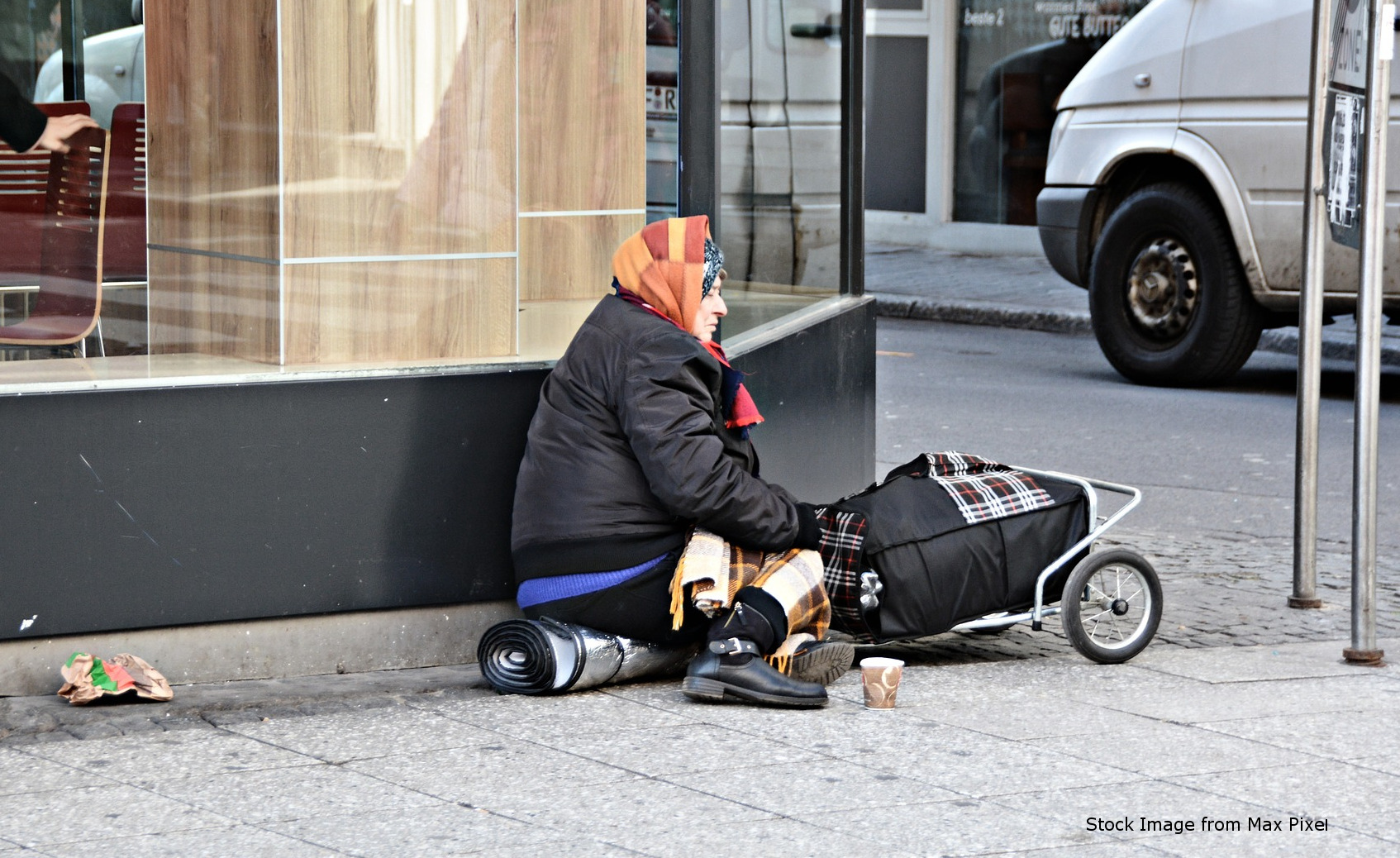 Last month, we mourned the death of Paula, a longtime resident of our Rebecca Johnson Apartments. She survived many hard experiences, including homelessness. She was loved by her friends, neighbors and staff, and at the end, she was surrounded by those who loved and cared for her. Her death is a reminder to us that many of the women we serve in our supportive housing are aging and live with the same health issues of all aging adults. Also, by the time women who are homeless reach our supportive housing programs, their health is seriously compromised.
Last month, we mourned the death of Paula, a longtime resident of our Rebecca Johnson Apartments. She survived many hard experiences, including homelessness. She was loved by her friends, neighbors and staff, and at the end, she was surrounded by those who loved and cared for her. Her death is a reminder to us that many of the women we serve in our supportive housing are aging and live with the same health issues of all aging adults. Also, by the time women who are homeless reach our supportive housing programs, their health is seriously compromised.
At Deborah’s Place, 68% of the women served last year were 50 and older. This reflects the national trend of an aging population. We do not often serve women over 65 because of the catastrophic impact homelessness has on a woman’s health. The average life expectancy of someone who is homeless is between 42 and 52, significantly lower than the general population. We know that women, and particularly older women who may have been homeless for many years, need specialized services, like intensive health service coordination and assistance meeting basic material needs.
We also know that 1 in 4 homeless adults is a single woman. According to the American Round Table to Abolish Homelessness, “The number of unaccompanied women exceeds the number of homeless youth and veterans combined.” Yet, there is little research that drives policy and funding for the specialized services that we know this population needs.
That is why we are excited about recently released research in the Sociological Review on the lives of older women who are homeless. The research highlights the material deprivation of homelessness and how the lack of a social network and sense of self-worth contributes to the stress, anxiety and depression women who are homeless suffer.
Deborah’s Place understands the needs of women like Paula. We help them access those basic material needs, like food and clothing. Our health services staff work to coordinate doctor’s visits, referrals to specialists, transportation to appointments and obtaining prescriptions. Workshops related to eldercare and disease prevention help empower older women to participate in decisions that affect their lives. Most importantly, we provide a safe place for women to live, in an environment that recognizes each woman’s individual needs and fosters a sense of belonging and community.
Paula found a safe, stable home at Deborah’s Place. We are proud to be the place where women can truly heal from the trauma of homelessness – healing for the mind, body and spirit.
Full research report can be found here: http://journals.sagepub.com/doi/abs/10.1111/1467-954X.12369
